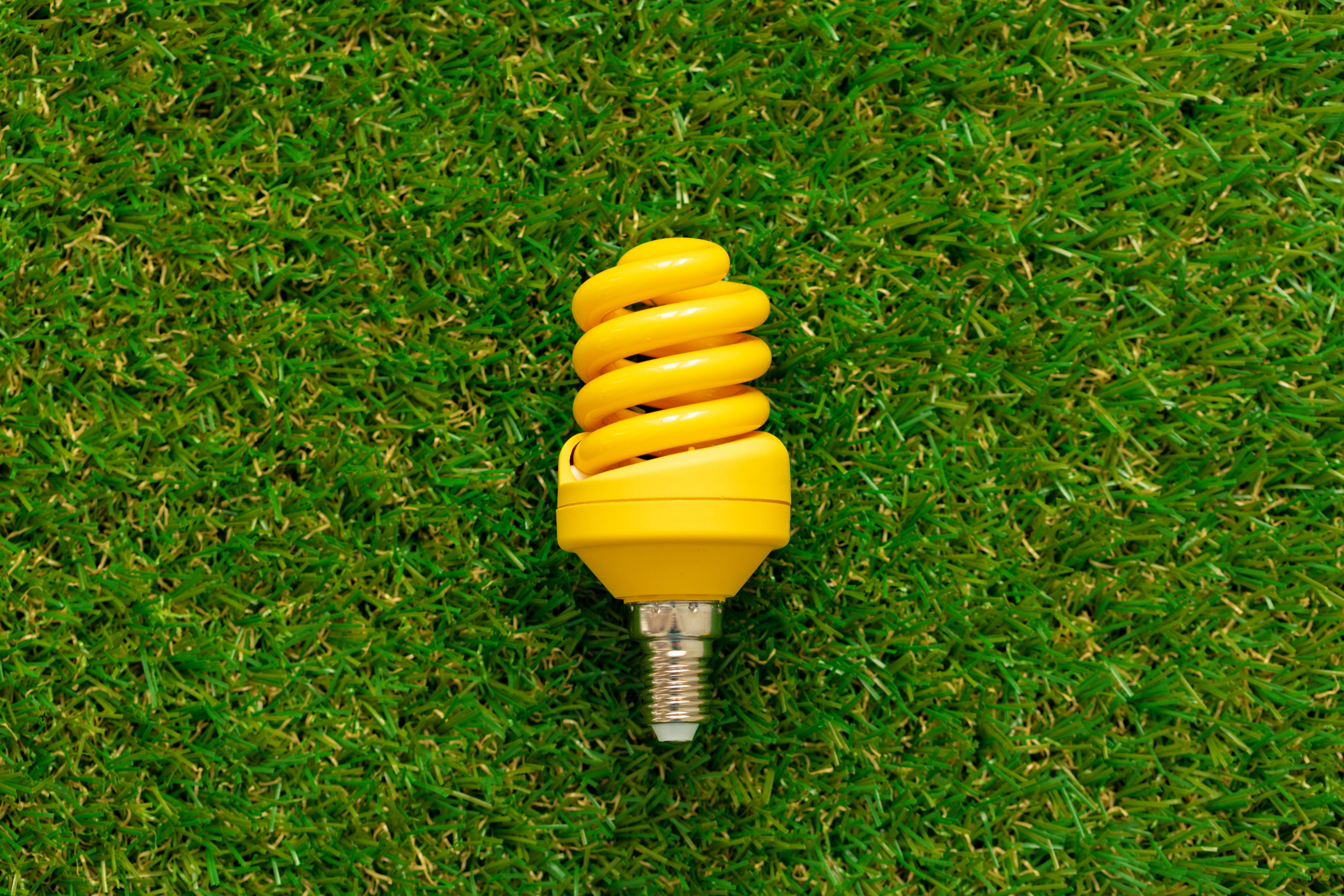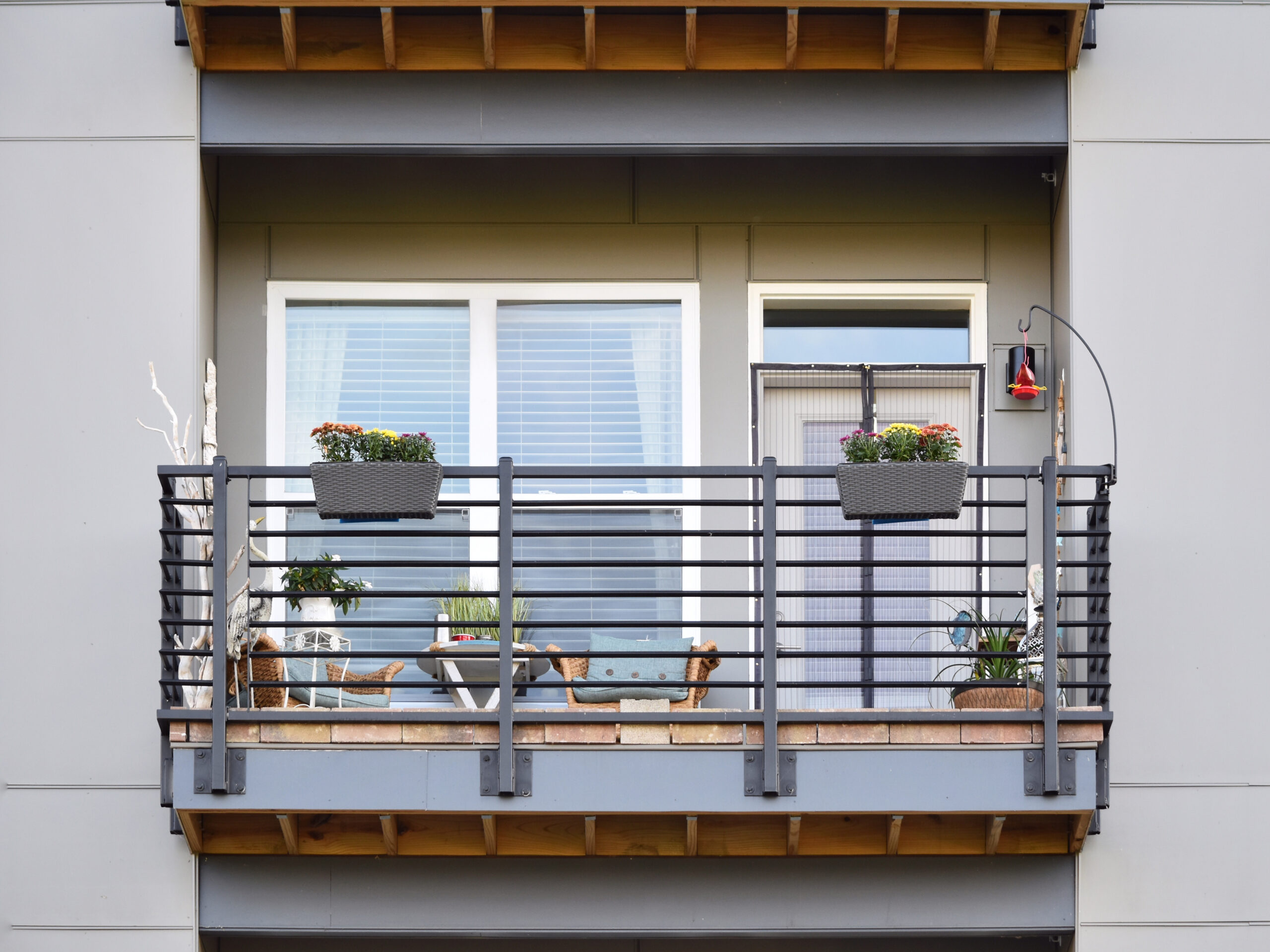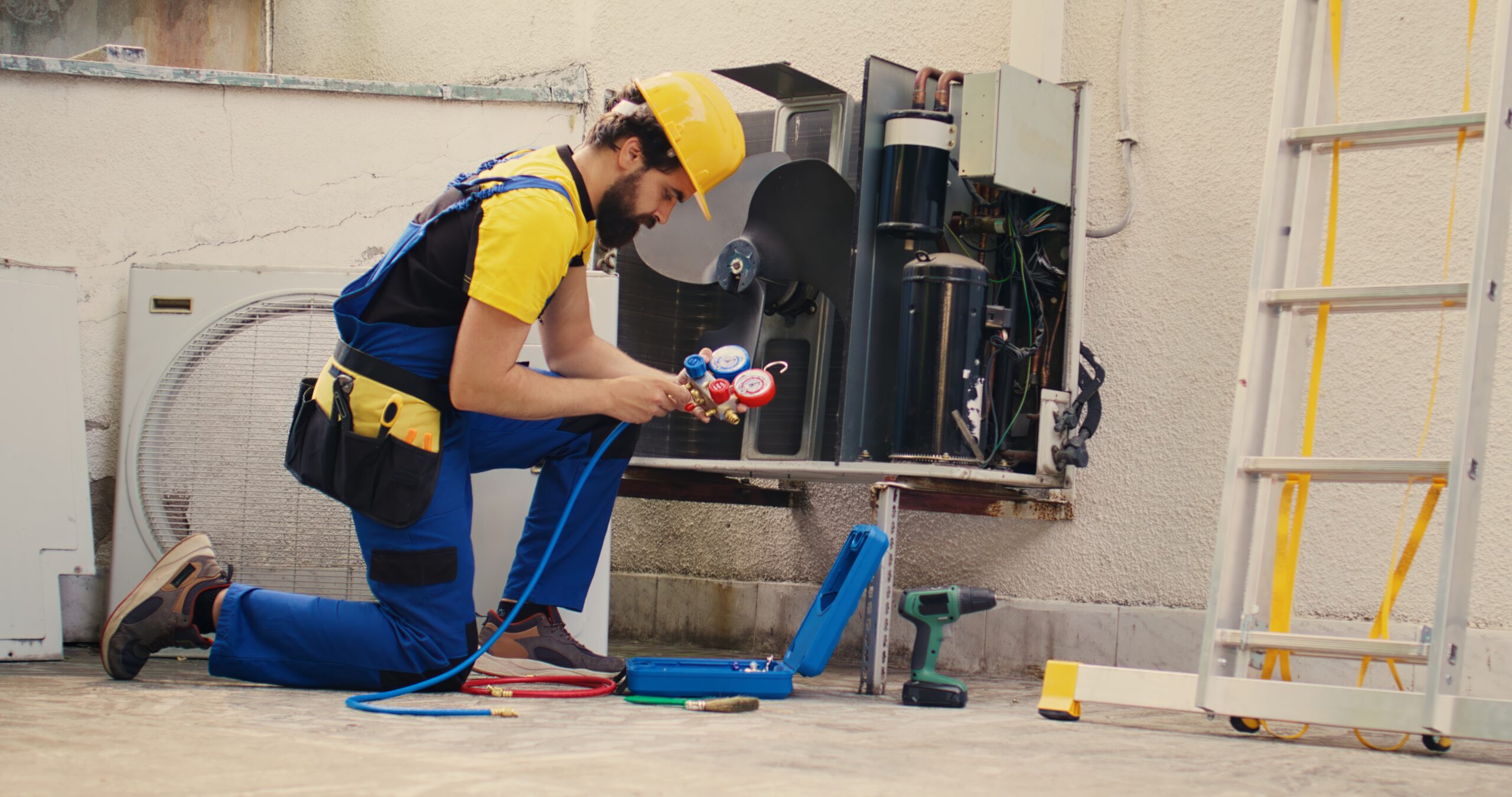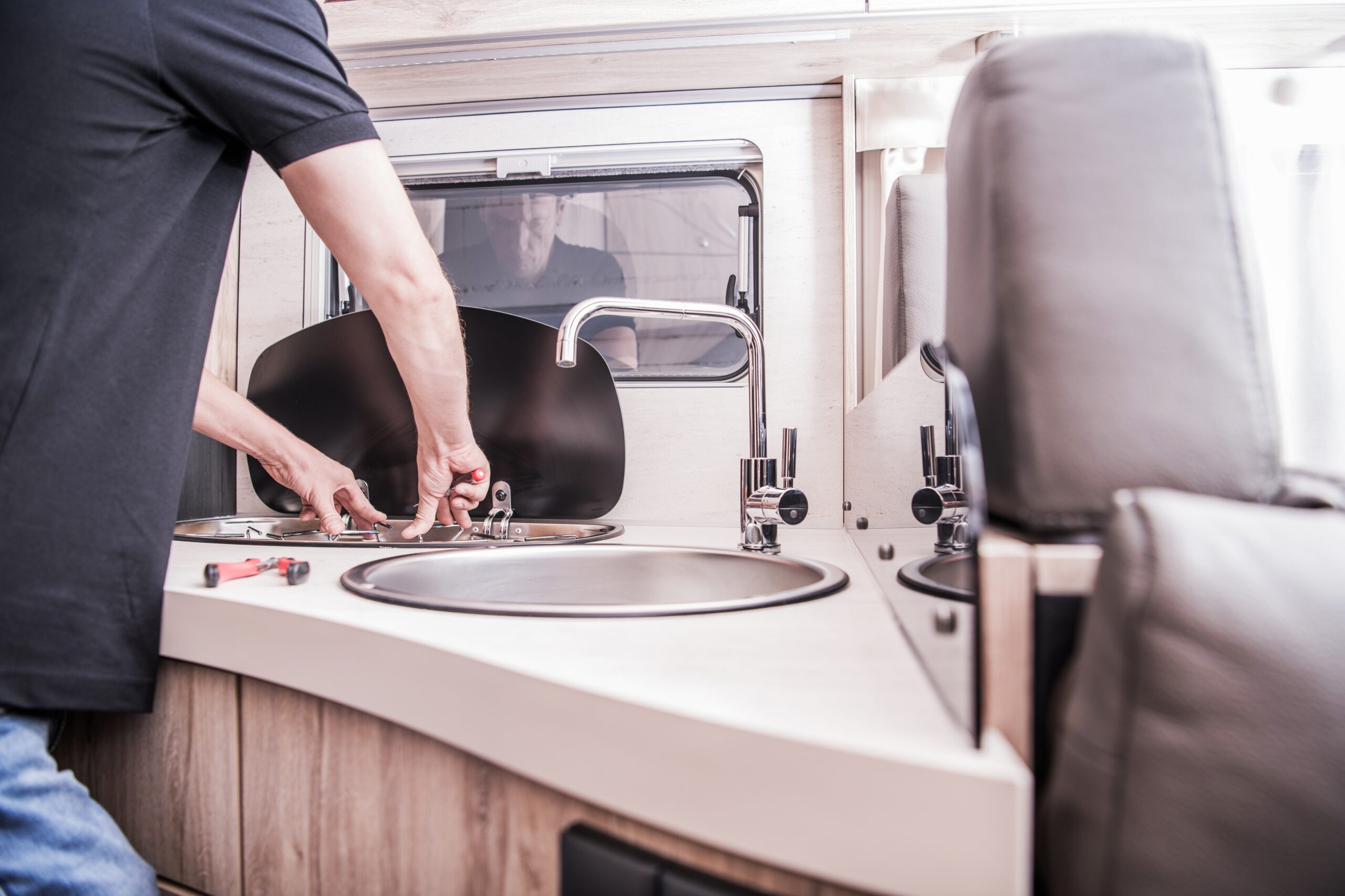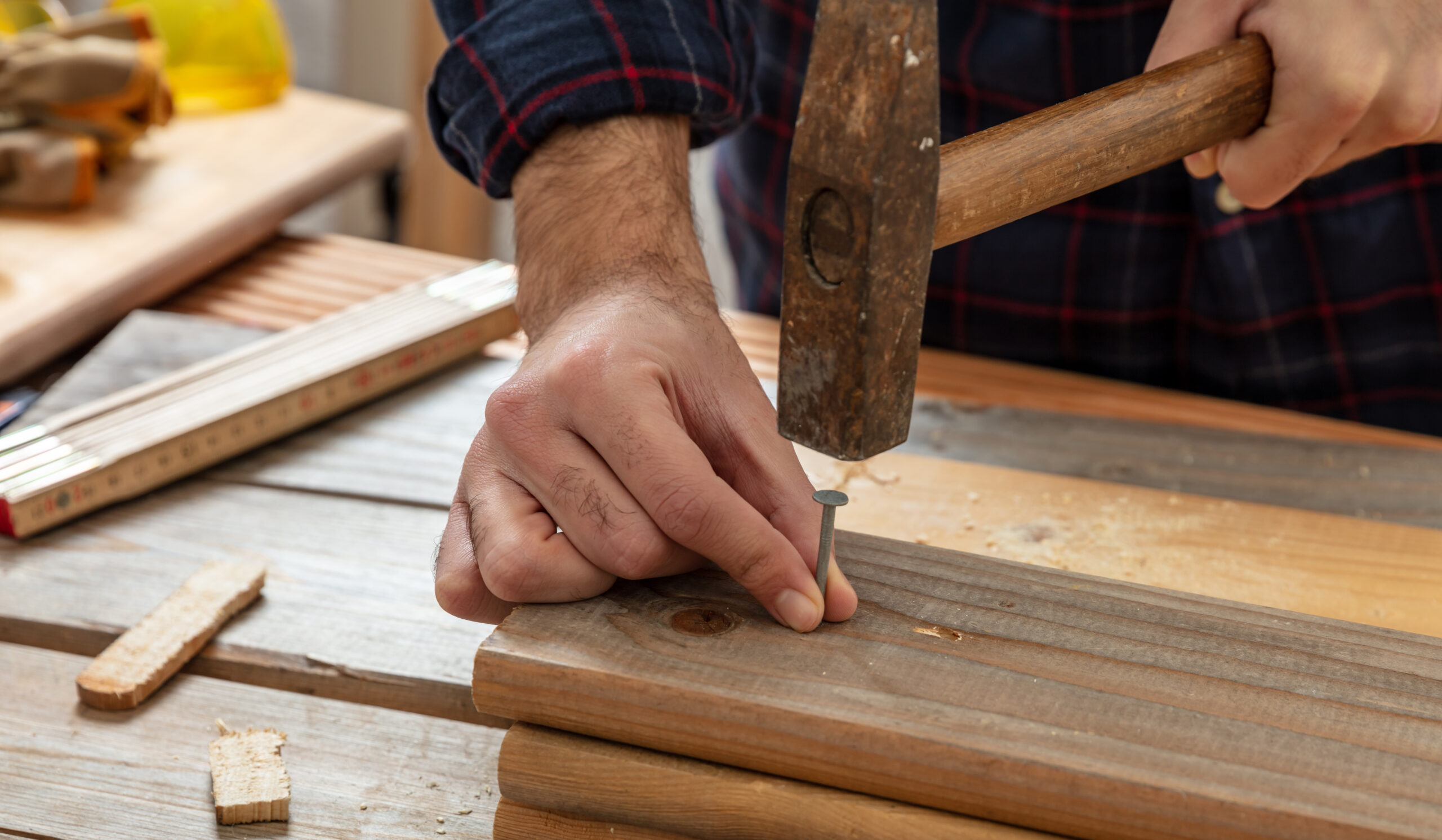Keeping a comfortable and enjoyable living environment involves a host of factors, one of which is an efficiently functioning HVAC system. However, like any other home appliance, HVAC units get subjected to wear and tear, leading to inefficiency, frequent malfunctions, or even complete breakdowns. As a homeowner, understanding when it’s time to repair or replace your HVAC system can save you money on exorbitant energy bills, avoid the inconvenience of sudden breakdowns, and enhance the overall comfort of your home. This begs the question, how do you know it’s time to repair or replace your HVAC system? Keep reading to find out!
Understanding the Lifespan of an HVAC System
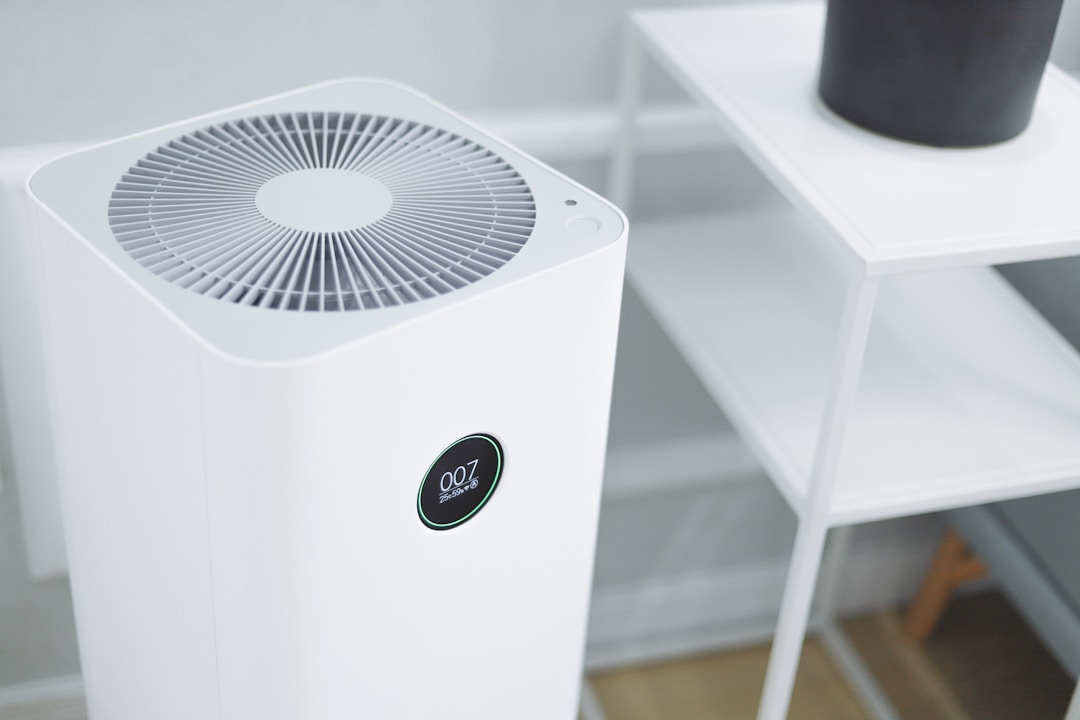
On average, a well-maintained HVAC system can serve you for 15 to 25 years, depending on the type of system and manufacturing quality. The lifespan of HVAC components varies, with furnaces lasting around 15 to 20 years, heat pumps 10 to 15 years, and air conditioning units 10 to 15 years. However, these durations are merely averages – many factors such as usage, maintenance frequency, and installation quality can affect these timelines substantially.
If your HVAC system has become a constant drain on your wallet, you might want to consult a reputable HVAC Contractor North Hollywood CA to do a complete evaluation of your unit and recommend whether it’s time to replace the entire system. Just like any machine, parts of an HVAC system start to wear down with time and its efficiency decreases. Despite the average lifespan, some HVAC system components might start showing signs of wear and tear early, requiring replacement. If parts of your HVAC systems such as the coil or air handler are over 15 years old, it would be wise to consider a system replacement.
Increased Humidity Levels
Another critical function of your HVAC system besides temperature regulation is controlling the humidity levels within your home. If you notice that your house is unusually humid or dry, it’s another sign that your HVAC system is not working as it should.
Too much humidity can make your home feel warmer than it actually is, and it can also promote mold growth, which could pose health risks.
On the other hand, overly dry air can make conditions in your home uncomfortable and can lead to issues like dry skin and respiratory problems. Irregular humidity levels need to be evaluated by a professional HVAC contractor to establish if they’re caused by a malfunctioning HVAC system and what remedies are necessary. Frequent humidity problems might suggest that your HVAC system is aging and losing its ability to properly condition the air, signaling a need for a system replacement.
Old Age
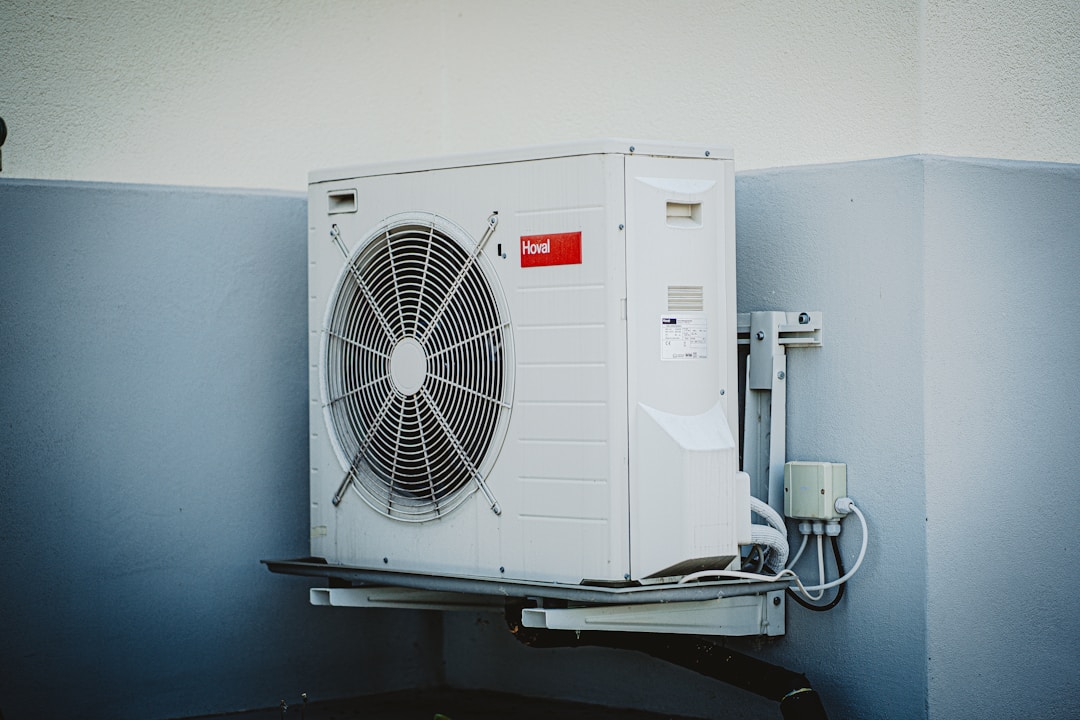
No matter how well-maintained an HVAC system is, old age will inevitably lead to decreased efficiency and performance issues. Most HVAC systems are built to last about 15 years, but the exact lifespan depends on the specific model and how well it’s taken care of. If your HVAC system is nearing or has surpassed its expected lifespan, it may be time to consider a replacement. Old age not only leads to breakdowns but also often means the unit is not as efficient as the newer models on the market.
Upgrading to a newer, more efficient model could save you money in the long run through lower energy bills. In summary, although age is a significant factor to consider, don’t base your decision on age alone. Other factors like rising energy bills, constant malfunctions, and discomfort should equally be taken into account.
As you can see, determining whether to repair or replace your HVAC is not always a straightforward decision. It requires thorough evaluation and thought. Ask yourself, are you frequently spending money on repairs? Is your HVAC system failing to keep you comfortable in your own home? Has it surpassed its predictable lifespan? If the answer to any of these questions is yes, then it’s time to call upon a specialist for a professional opinion. An experienced contractor can help you make an informed decision, ensuring you get the best out of your investment. Remember, a timely decision can save you money and keep you comfortable throughout different seasons.
